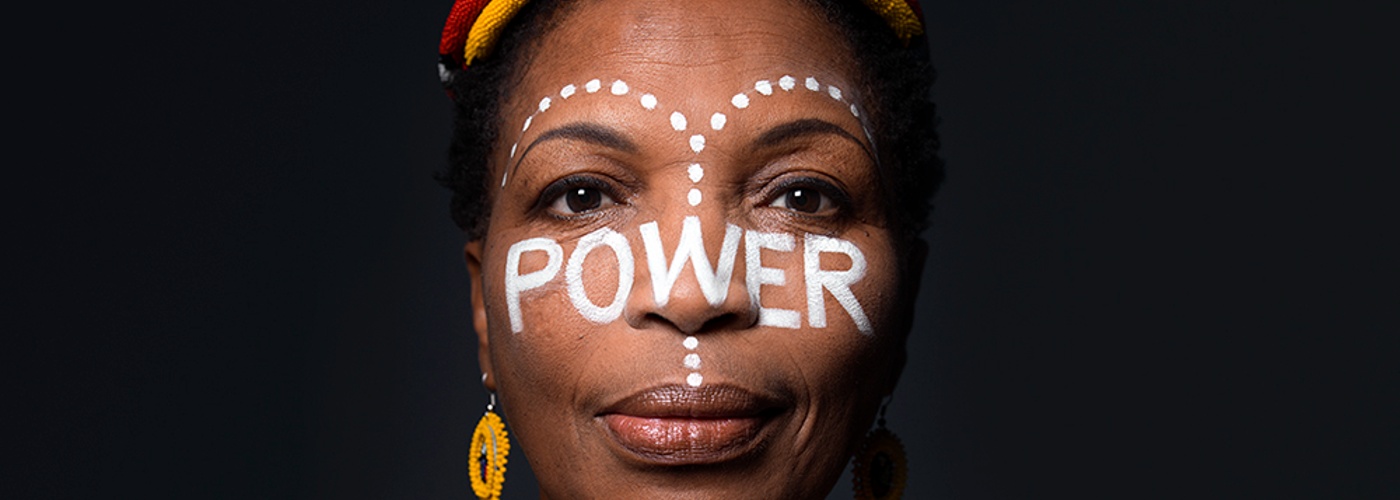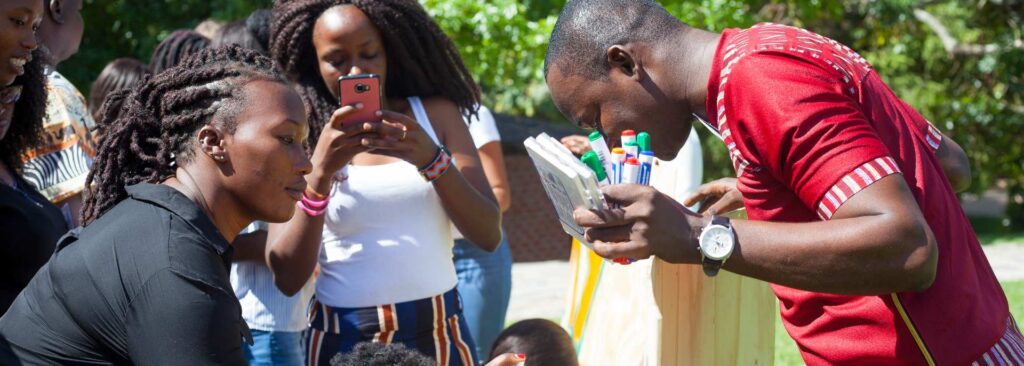By Lucy Minayo, Program Manager, We Lead
On March 7, 2022, as the city of Nairobi was bustling with activity, a young woman was attacked and sexually abused along one of our major roads by a group of boda boda riders (motorcycles that are a popular means of transport for many Kenyans).
This gross sexual abuse of a woman in broad daylight, on the eve of International Women’s Day no less, is one of the vilest incidents of its kind the country has ever witnessed. The situation was further aggravated when a video of the incident went viral and online trolls quickly subjected the victim to additional abuse.
Many frameworks, little action
Kenya has a robust constitutional framework on personal freedom and security that includes the right not to be subjected to violence in public or private spaces. The Sexual Offences Act prohibits various forms of sexual violence, including what happened to this young woman. It is however clear from the cowardly actions of the group in question that these frameworks do not really guarantee women’s safety in Nairobi’s public spaces.
Since 1975, International Women’s Day has been a moment to celebrate and reflect on women’s achievements and the need to continue fighting gender inequalities.
We urgently need to have a national conversation about our priorities for women and girls.
Yesterday’s events, however, are a stark reminder that it is not yet uhuru (freedom) for Kenyan women and girls. Not as long as we continue to allow the boda boda culture to thrive, which is deeply rooted in patriarchy and its tentacles: misogyny and sexism. Boda boda operators are a law unto themselves and have an unacceptable way of doing business.
Women’s freedom of movement is non-negotiable
We urgently need to have a national conversation about our priorities for women and girls. Government data indicates that about 45 percent of women and girls aged between 15 and 49 have experienced physical violence, while 14 percent have suffered sexual violence. Public transport, social spaces and places of entertainment are where most incidents of violence against women and girls in public occur, especially in privately owned transport like matatus (minibuses) and boda bodas.
Most instances of sexual violence and abuse are still couched in the notion that women do not have a say in or cannot choose what happens to their own bodies. This scourge can only be addressed if we identify behavioral patterns with a gender lens and put in place stronger sanctions against perpetrators of gender-based violence.
We acknowledge the swift condemnation and call to action from President Kenyatta, the Chief Justice, the Inspector General of Police, and the Cabinet Secretary for Interior, who demanded that swift action be taken against the perpetrators. We hope that justice takes its course but recognize that much more needs to be done to safeguard women and girls in public spaces. We therefore:
- Call for greater accountability of individuals involved in the boda boda sector. We call upon the National Transport and Safety Authority to ensure compliance with standard operating procedures that should at a minimum prohibit sexual violence by individuals licensed to operate boda bodas. Non adherence should attract swift sanctions including withdrawal of licenses.
- Recommend that the National Gender and Equality Commission work with boda boda membership associations to develop a code of conduct to be adopted by operators. Additionally, training on gender bias should be provided to operators.
- Urge the National Police Service to increase patrols in areas where women and girls are more exposed to threats of and actual violence.
We Lead on the front line of addressing gender-based violence
Through Hivos’ We Lead Program, we support local organizations that address sexual and gender-based violence in a number of ways, including:
- Strengthening legal frameworks and working with duty bearers to ensure implementation
- Enhancing community organizing to guarantee women and girls’ rights to privacy and to be protected from violence
Rooting out gender-based violence in public spaces is critical for ensuring “Gender equality today for a sustainable tomorrow.”
As we celebrate this year’s International Women’s Day, let’s remember that our work is not yet done.
About We Lead
We Lead is a program that aims to strengthen the influence and position of young women whose sexual and reproductive health and rights (SRH-R) are neglected the most. It targets young women and adolescent girls who: live with HIV; identify as lesbian, bisexual, trans, or intersex (LBTI); live with a disability; and/or are affected by displacement.


